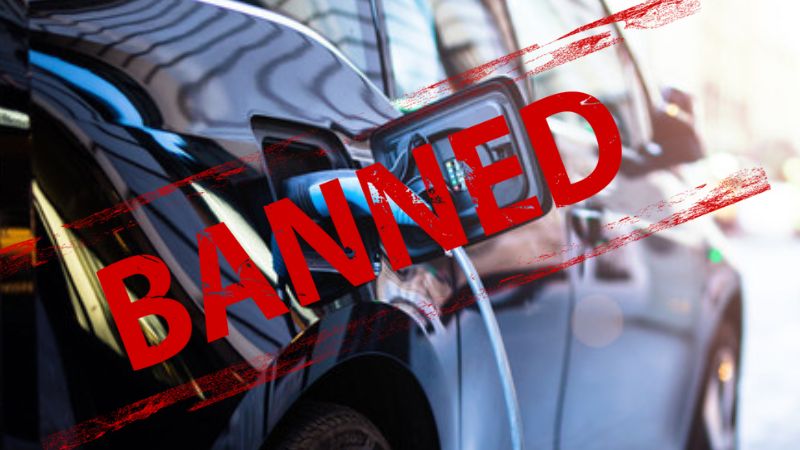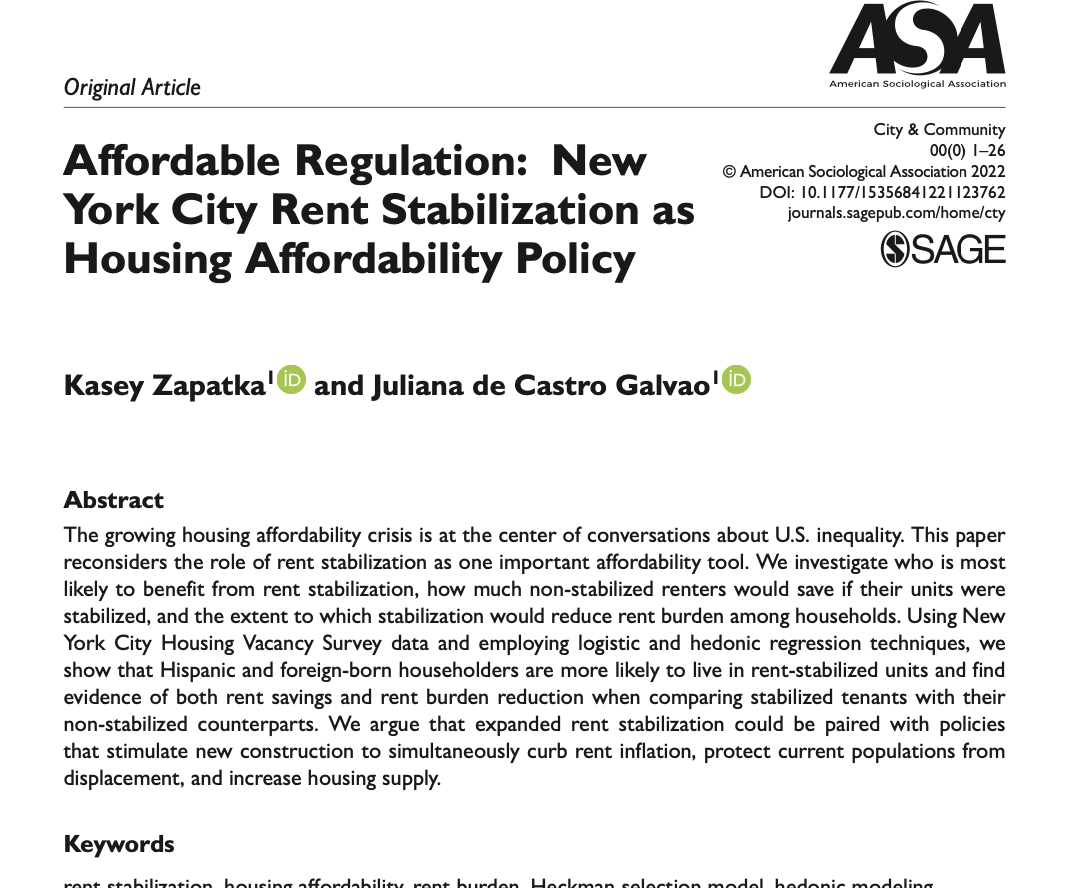Auto Dealers Push Back Against Electric Vehicle Regulations

Table of Contents
Financial Concerns and Investment Barriers
The transition to EVs presents substantial financial hurdles for dealerships. The high upfront investment required for EV infrastructure is a major concern. This includes installing expensive charging stations, training staff on EV technology, and upgrading service bays to handle the unique repair needs of electric vehicles. Dealers face uncertainty regarding consumer demand for EVs, risking significant investments in infrastructure that might become stranded assets if sales don't meet projections. Managing inventory in this rapidly evolving market adds further complexity, necessitating careful forecasting and potentially leading to overstock or shortages.
- Reduced profit margins on EVs: EVs often have lower profit margins compared to gasoline-powered vehicles, impacting dealership revenue.
- Significant dealership upgrades: Adapting facilities to accommodate EV charging and specialized service requires substantial capital investment.
- Lack of government support: Insufficient government funding for infrastructure development leaves dealerships to shoulder a large portion of the costs.
- Concerns about EV resale value: Uncertainty about the long-term resale value of EVs adds another layer of financial risk.
Challenges in Sales and Service
Selling and servicing EVs differ significantly from traditional vehicles. Sales processes may need to adapt to account for the different features and consumer considerations involved in EV purchases. Moreover, specialized training is crucial for mechanics and technicians. EV repair requires expertise in high-voltage systems and battery technology, demanding significant investments in training and specialized tools. The limited availability of EV parts and longer repair times pose further challenges, potentially impacting customer satisfaction.
- Shorter sales cycles: The quicker sales cycles often associated with EVs may disrupt existing commission structures for sales staff.
- Specialized tools and equipment: Significant investment is needed in specialized diagnostic tools and equipment to service EVs effectively.
- Complexity of EV technology: The intricate technology of EVs requires a higher level of expertise from service personnel, impacting training and recruitment.
- Longer customer wait times: The combination of parts availability and specialized repair procedures can lead to extended wait times for EV repairs.
Consumer Resistance and Market Readiness
Despite growing awareness, significant consumer resistance remains. Range anxiety, limited charging infrastructure, and the high purchase price of EVs are major obstacles to widespread adoption. Consumer perception plays a crucial role; many potential buyers remain uncertain about the long-term viability and practicality of EVs. While government incentives and policies aim to stimulate demand, their effectiveness in overcoming these challenges is still being debated.
- High purchase price: The initial cost of EVs remains a significant barrier to entry for many consumers, limiting market penetration.
- Limited charging infrastructure: A lack of readily available public charging stations in many areas hinders EV adoption, especially for long-distance travel.
- Battery lifespan and replacement: Concerns about battery lifespan, performance degradation, and the high cost of battery replacement remain significant.
- Misconceptions and lack of awareness: Many potential buyers lack sufficient understanding of EV technology, features, and benefits, fueling skepticism.
The Regulatory Landscape and its Impact
The specific regulations driving the pushback from auto dealers vary by region but often include mandated sales quotas for EVs and stringent emission standards. These regulations aim to accelerate the transition to EVs, but dealers argue that the timelines are unrealistic and the consequences potentially damaging to the market. The effectiveness of current government policies in promoting EV adoption, particularly considering the dealer perspective, remains a subject of ongoing debate.
- Mandated EV sales quotas: Government-mandated sales quotas for EVs are a major source of tension, forcing dealers to adapt to rapid changes.
- Stringent emission standards: Strict emission standards put pressure on automakers and dealers to prioritize EVs, impacting their sales strategies.
- Incentive programs and tax credits: While government incentives aim to encourage EV adoption, their impact is often debated, with dealers raising concerns about their effectiveness.
- Impact on the used car market: The introduction of EVs is also expected to impact the used car market, posing further challenges for dealerships.
Conclusion: Navigating the Future of Auto Sales in the Age of Electric Vehicles
The concerns raised by auto dealers regarding electric vehicle regulations are multifaceted and cannot be ignored. Financial burdens, logistical challenges, and consumer hesitancy create a complex landscape for the industry's transition to electric vehicles. Successful navigation of this transition requires collaboration between policymakers, auto manufacturers, and dealerships. Addressing the financial, logistical, and consumer-related challenges head-on is paramount to fostering a sustainable and successful shift to electric mobility. Understanding the nuances of auto dealers' pushback against electric vehicle regulations is crucial for fostering a successful transition to a sustainable transportation future. Join the conversation and share your insights!

Featured Posts
-
 How Dangerous Climate Whiplash Is Reshaping Our Cities
May 28, 2025
How Dangerous Climate Whiplash Is Reshaping Our Cities
May 28, 2025 -
 Minister Announces Possible Changes To Affordable Rent Regulations
May 28, 2025
Minister Announces Possible Changes To Affordable Rent Regulations
May 28, 2025 -
 Rutte On Nato Defense Spending Movement Towards The 2 Target
May 28, 2025
Rutte On Nato Defense Spending Movement Towards The 2 Target
May 28, 2025 -
 Nba News Jalen Brunson And The Tyrese Haliburton Wwe Moment
May 28, 2025
Nba News Jalen Brunson And The Tyrese Haliburton Wwe Moment
May 28, 2025 -
 Analyzing The Creative Deficit In Wes Andersons Newest Project
May 28, 2025
Analyzing The Creative Deficit In Wes Andersons Newest Project
May 28, 2025
Latest Posts
-
 Slavnostni Vyhlaseni Stavba Roku Seznam Ocenenych Projektu
May 30, 2025
Slavnostni Vyhlaseni Stavba Roku Seznam Ocenenych Projektu
May 30, 2025 -
 Stavba Roku Vitezove Souteze A Nejlepsi Ceske Stavby
May 30, 2025
Stavba Roku Vitezove Souteze A Nejlepsi Ceske Stavby
May 30, 2025 -
 Drk Beendet Schwangerschaftsberatung Was Nun Fuer Schwangere In Crivitz Und Sternberg
May 30, 2025
Drk Beendet Schwangerschaftsberatung Was Nun Fuer Schwangere In Crivitz Und Sternberg
May 30, 2025 -
 Schliessung Der Schwangerschaftsberatungsstellen Des Drk In Crivitz Und Sternberg
May 30, 2025
Schliessung Der Schwangerschaftsberatungsstellen Des Drk In Crivitz Und Sternberg
May 30, 2025 -
 Drk Schliesst Schwangerschaftsberatung In Crivitz Und Sternberg Auswirkungen Und Alternativen
May 30, 2025
Drk Schliesst Schwangerschaftsberatung In Crivitz Und Sternberg Auswirkungen Und Alternativen
May 30, 2025
